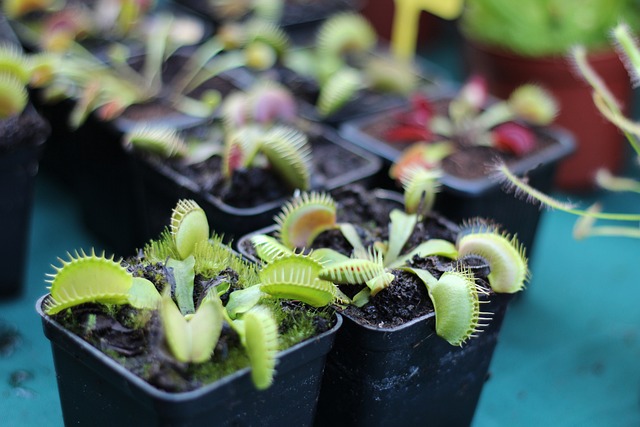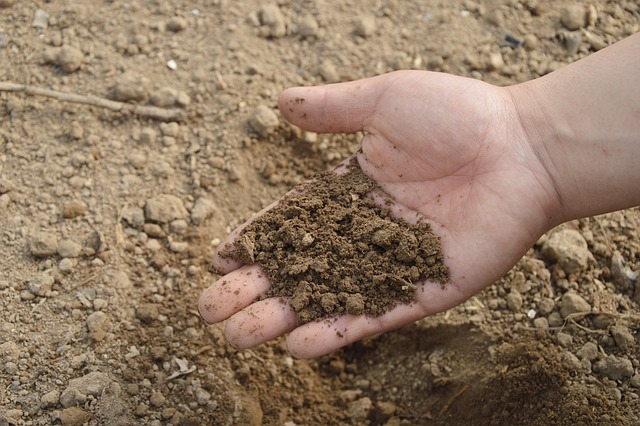Compared to outdoor plants, indoor plants need extra care and maintenance so we must provides best indoor plants nutrition. The availability of nutrients is essential for the healthy growth of indoor plants. Indoor plants must fit your lifestyle and they must add naturalness to your indoor life. If their growth is distorted and weak, surely, you will be upset and worried.

In this blog, we provide you guidance and best indoor plants nutrition which are essential nutrients necessary for the growth of indoor plants and explore the best fertilizer for the care of indoor plants.
Nitrogen
Nitrogen is considered an essential element for plant growth. Outdoor plants stretch their roots and get nitrogen but indoor plants need a constant supply of nitrogen. Nitrogen is a key component of photosynthesis allowing plants to absorb light and make food. It also makes protein which is essential for plants’ and animals’ growth and survival.
Therefore, an abundance of Nitrogen is necessary for plant growth.
Phosphorus
It is also an essential element in the thriving growth of plants. It is required for the transport of energy from one part of the plant to another. Let’s say, from the root zone to the buds. The growth of foliage, roots, and buds is highly dependent on Phosphorus. It also helps in cell division and production.
Potassium
Potassium is highly recommended for plants. It helps in the opening and closing of stomata where the gaseous exchange takes place. Potassium helps in protein synthesis by catalyzing enzymes in a plant.
These three essential nutritional elements are highly required for plant growth. However, there are other elements such as calcium, magnesium, sulfur, iron, zinc, Boron, copper, and chlorine, if not equally, but required for plant growth.
Your plant growth depends on the fertilizer you use.

For instance, your fertilizer will have a ratio of 10-10-10 or 20-10-10. This means that your fertilizer has 10% nitrogen, 10%Phosphorous, and 10% Potassium, and the remaining 70% is made of organic materials.
The fertilizer you use will decide your plant growth. There are many fertilizers available in the market.
1. Water soluble fertilizers
This type of fertilizer is designed to dilute in the water. It often comes in different shapes like granules, crystals, and liquids. It will give you greater control over the plants’ feeding.
2. Slow-release fertilizer
These fertilizers are gradually absorbed into the soil. This fertilizer is in the form of granules placed at the top of the soil and left for months or years.
3. Stick fertilizers
These are fertilizer spikes that are placed in the soil, as long as the stick is there the plant will get fed.
We recommend using water-soluble fertilizers for indoor plants. It will allow you to control your fertilizing schedule and check if it needs more fertilizer or not.

When to fertilize your plant?
It is important to note that your plant has a specific time at which it shows growth. Usually, the plant grows in the spring and summer seasons. Note down your schedule and organize the fertilizer. Feed your plant in those seasons for optimum growth.
It is important to note when to stop feeding your plant. Excessive fertilizing may damage your plant and distorted growth.
Make sure that your fertilizer has an adequate ratio of Nitrogen, Phosphorus, and Potassium these are the best indoor plants nutrition for growth.
How to apply the fertilizer?
It is recommended to use natural options such as warm compost. Compost that provides beneficial microorganisms and mineralization.
After that, the best way is to use water-soluble fertilizers. Dilute your fertilizers, put them in a bottle with a nozzle, and spray them gently by adjusting the nozzle from time to time.
However, apart from liquid fertilizers, there are three other effective ways to feed your plant.
1. Warm compost
It is an organic-rich compost essential for soil structure and fertility. It also enhances decomposition and kills pathogens and weeds due to high temperatures.
Mix it with a potting mix to provide nutrients needed for plant growth.

2. Using Granular fertilizers
Granular fertilizer is absorbed slowly into the soil. Spread it, as required, around the plant on the top of the soil, it will feed the plants for months.
3. Compost
It is carbon carbon-rich organic fertilizer used to enrich the soil. You can also use it as your indoor plant fertilizer. It is helpful in moisture-retaining and maintaining a balanced Ph level. It also diverts organic waste from the landfills.
Do not over-fertilize your plant. It will damage the plant growth and obstruct the healthy thriving of plants. Also, do not use inorganic nutrients; it is hard to absorb.
Organic nutrients will make the soil rich in organic materials which are highly beneficial for plant growth.
If your plant is showing signs of burning it may be due to over-fertilizing. Also, if you apply it incorrectly, it might burn the leaves obstructing plant growth.
Also, if your plant shows wilted leaves, brown spots on leaves, salt on the topsoil layer, and scorched leaves, it might be an indication of over-fertilization.For more knowledge about best indoor plants nutrition and fertilizers you may know the plants needs.
Signs that your plant needs nutrients
Your plant will show certain signs if it lacks the necessary nutrients.
For instance, your plant will show weakened growth, no flowering at all, or fewer flowers, yellow leaves, pale weak color, and lack of new leaves and shoots.
Always use less fertilizer than is recommended on the label. It will enable you to inspect your plant’s response to feeding.
What is the best NPK for indoor plants?
Maintaining indoor plant growth requires essential elements like Nitrogen, phosphorus, and potassium. Their amount depends on the fertilizer you use and it varies from plant to plant. Some botanists recommend a ratio of 3-1-2. However, some others suggest a ratio of 10:10:10.
What is the best houseplant mix?
The best houseplant mixes are perlite which improves drainage and aeration, Peat moss which provides moisture retention, and coconut coir which is eco-friendly providing better moisture than Peat.
What is the best natural fertilizer for indoor plants?
There can be a different natural fertilizer like compost tea, eggshells, banana peel, coffee grounds, and wood Ash fertilizers. Aquarium water can be rich in nutrient fertilizers.
Is rice water good for plants?
Rice water can be good nutrients. It contains many elements like calcium, iron, sulfur, and magnesium. Sulfur is believed to promote the synthesis of thiamine which is good for disease resistance.
What liquid will make a plant grow faster?
If you want your plant to grow faster, you will provide the best nutrition for the plants. The best liquid to use for the plant is to go with carbonated water.
Final thoughts
The healthy growth of plants is essential, if you are planning to grow indoor plants. The indoor plant will need an essential element like Nitrogen, phosphorus, and Potassium for healthy growth. Fertilizer in any form would be useful for plant growth as it contains essential elements. Extra care is needed for the proper use of fertilizer as over-fertilizing and under-fertilizing will affect the plant adversely.
